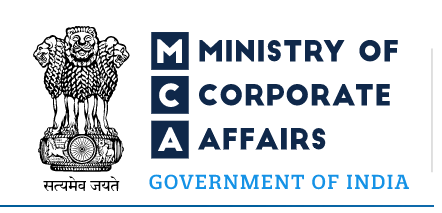 The income tax department will withdraw from a few hundreds of tax cases with multinational corporations pending in tribunals by the end of this fiscal.
The income tax department will withdraw from a few hundreds of tax cases with multinational corporations pending in tribunals by the end of this fiscal.
This marks a significant softening of approach given its high-pitched income reassessments for MNCs in recent years, mainly by contesting the pricing of their cross-border transactions.
Sources said the department, which has advance pricing arrangements (APAs) with 16 MNCs and aims to sign 150 such deals on the broad principles for future valuation of inter-country transactions for tax purposes, is willing to extend the conciliatory approach to transactions in the past four years too. Once the mutually agreed principles in an APA are applied to past transactions, the department would not pursue tax demands made earlier.
Wherever the department is the appellant in tribunals, it will withdraw the appeals. The move, part of the government’s efforts to reduce tax litigation and boost investor confidence, is set to benefit several large corporations including technology companies like Microsoft and IBM.
Tax tussles
* I-T department has resolved 45 double taxation disputes so far with the US bilaterally
* India and 16 MNCs have agreed on pricing of cross-border transactions under APA scheme, target 150 for the year
* APAs to allow agreements on pricing of transactions in the past years as well
* On this basis, tax department will withdraw from many disputes pending before tribunals
In the case of related-party cross-border transactions of MNCs alone, alleged tax dues has touched Rs 2.7 lakh crore. Earlier the government had decided not to appeal to the Supreme Court decisions of the Bombay High Court that held companies like Shell and Vodafone were not liable to tax on the alleged undervaluation of certain share transactions among group companies.
So far India has signed 16 APAs in the business of telecommunication, oil exploration, pharmaceuticals, finance, banking and software development and expects another 140 or so to be completed by the end of the fiscal. An APA is an agreement between the tax authority and companies on the principles of valuation of certain transactions, which will exempt the company from rigorous tax audits on cross-border deals.
Many of the tax demands raised on MNCs on cross-border transactions in the last few years have led to disputes. Scores of cases are pending with the Income Tax Appellate Tribunal. The government wants to stop these disputes from escalating to the higher judiciary. The number of cases in which the tax department has received favourable orders from tribunals are not very encouraging.
Finance minister Arun Jaitley has promised that all legacy tax disputes would soon be resolved through administrative or judicial means.
While an APA between a company and the tax department will resolve a dispute in India, the possibility of double taxation would be fully addressed only when the tax authority in the company’s home country too becomes party to such agreement. The US, which is home to many technology firms facing tax disputes in India, has recently started steps to implement such “bilateral APAs”.


















